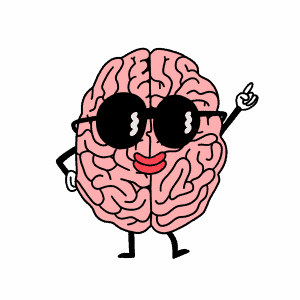From Oct. 10 to Oct. 12, the University of Saskatchewan hosted the third annual Fall Neuroscience Research Symposium, which aims to showcase local research, get students involved and provide networking opportunities for event-goers.
Justin Andrushko, a PhD student in neuromuscular physiology in the College of Kinesiology, is a student member on the symposium-organizing committee. Andrushko hopes that the symposium can provide exposure for the neuroscience research currently being done in the province.
“The objective of the symposium is to promote neuroscience research in the province of Saskatchewan,” Andrushko said in an email to the Sheaf. “We have a lot of brilliant neuroscientists in this province, and this symposium provides a platform to showcase their work to their peers from across the province.”
At the time of print, the event intended to feature keynote talks from neuroscience experts, including Lynn Raymond and Christian Naus from the University of British Columbia, Simon Duchesne from Laval University and Alyson Fournier from McGill University. The speakers will have shared their expertise on multiple sclerosis, glioblastoma, neuro-imaging and Huntington’s disease, respectively. As well, Andrushko reveals that additional presenters were booked for the symposium.
“There will be a number of speakers discussing their research, [which] spans from cellular-level neuroscience to human behavioural neuroscience,” Andrushko said.
Although the formatting of the symposium was similar to previous iterations, this year’s event included an awards ceremony at the Remai Modern, which Andrushko believes to be a “first-class experience” for symposium-goers.
Andrushko believes that undergraduate students, no matter their proficiency in neuroscience research, should get involved with research at the U of S and that the symposium is an ideal place to learn more about what this kind of involvement can look like.
“It’s important for students to get involved in research at all levels of education,” Andrushko said. “Research is the basis for discovery and is essential for the advancement of society. It takes bright, passionate young minds to become leaders tomorrow… You never know what you might find that may excite you and drive you to become the next great researcher.”
Adrushko says that students who are interested in neuroscience research but weren’t able to attend the Fall Neuroscience Research Symposium can still access the information discussed at the event and become involved for next year’s symposium.
“We do put out an electronic version of the book of abstracts that can be made available to those that are unable to attend,” Adrushko said. “In there, you can catch a glimpse of the outstanding neuroscience research being done in this province. There [are] also always opportunities to join the organizing committee for the symposium next year, and everyone is encouraged to register to attend the event next year.”
Students who are interested in more information about the third annual neuroscience symposium and its future iterations are encouraged to contact Francisco Cayabyab at frank.cayabyab@usask.ca or Chris O’Grady at chris.ogrady@usask.ca.
—
Kimia Bayattork
Graphic: Jaymie Stachyruk / Graphics Editor
Leave a Reply